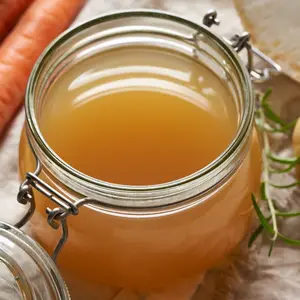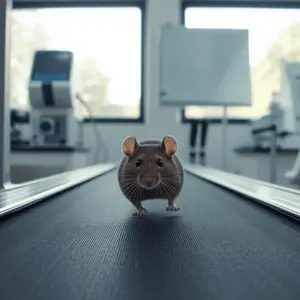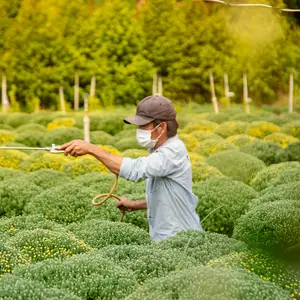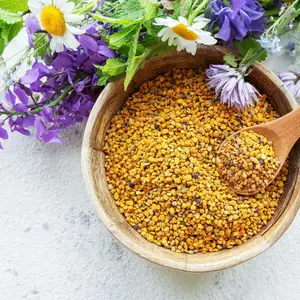

Integrative Health and Wellness

Integrative Health and Wellness
Treating Perimenopause the Naturopathic Way
Busy women in their late 30s and early 40s are often surprised to find themselves experiencing symptoms of perimenopause, the transition period between reproductive years and menopause. Extreme hormone fluctuations can make this a very challenging time. Because women often see these changes as simply a rite of passage that must be endured, many neglect to mention their symptoms to their doctors.
Perimenopause typically occurs between the ages of 40 and 51, lasts an average of about four years, and ends one year after the last menstrual period. Almost all women experience symptoms, and for 20% of women they are severe. These may include weight gain, sleep disturbances, changes to the menstrual cycle, mood swings, headaches, and hot flashes.
Lisa Brent, ND, Lac, founder and medical director of Be Well Natural Medicine in Mill Valley, California, says naturopathic treatments can improve quality of life for perimenopausal women.
The naturopathic practitioner may use blood, saliva, and gastrointestinal tests to evaluate symptoms and determine the best course of individual treatment. Hormonal disruption may be exacerbated by environmental factors such as heavy metals, tick-borne illnesses, and endocrine-disrupting chemicals, so a specialized questionnaire may also be part of the naturopathic evaluation.
Ms. Brent, a naturopathic practitioner who specializes in women’s health, finds most women in the demographic she serves are well-versed in healthy eating and exercise and may actually need to relax dietary restrictions and decrease intense exercise to reduce elevated stress hormones. She advises her patients to eat a variety of whole foods that help maintain stable blood sugar levels, especially high-fiber cruciferous vegetables such as broccoli, cauliflower, kale, and brussels sprouts and liver-supporting dark leafy greens, turmeric, green tea, and olive oil. Alcohol typically worsens some symptoms such as sleep problems, weight gain, and hot flashes. Supplements such as diindolylmethane (DIM) and calcium D-glucarate may aid in estrogen clearance and a healthy microbiome, and herbs such as milk thistle, dandelion, and burdock root can help synthesize hormones.
Stress can be managed with tools such as meditation, exercise, and diet. Adaptogen herbs like ashwagandha, holy basil, and rhodiola can also help support the body’s stress resilience. Acupuncture can be effective for a variety of symptoms, especially sleep disturbances. Other herbs, such as black cohosh, red clover, wild yam, and ginseng, are used to relieve symptoms during perimenopause.
In some cases, women may benefit from supplementing with bioidentical progesterone and/or testosterone to mitigate symptoms. However, due to the risk of estrogen dominance and elevated cortisol, Ms. Brent discourages the use of estrogen therapy.
REFERENCES
Brent, L. (2021, February 5). Perimenopause: An undertreated phase in women’s reproductive lives. Naturopathic Doctor News & Review. https://ndnr.com/womens-health/perimenopause-an-undertreated-phase-in-womens-reproductive-lives/#



 By
By








